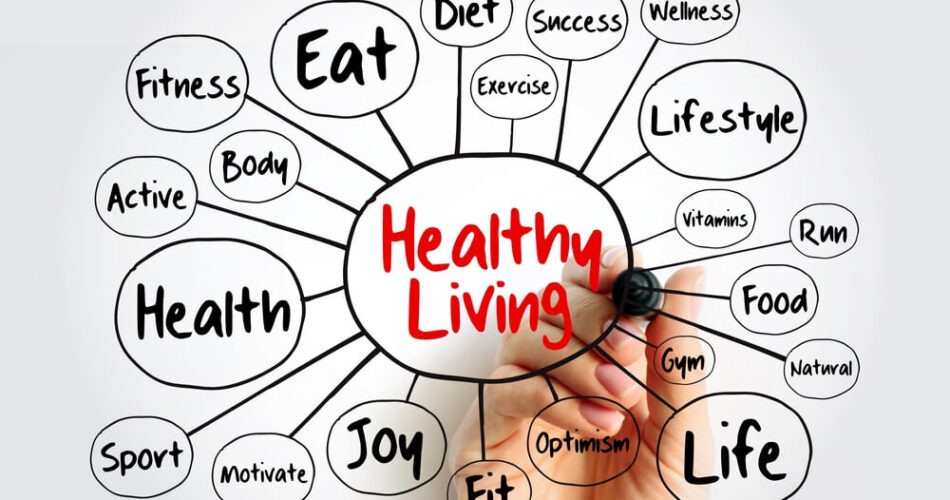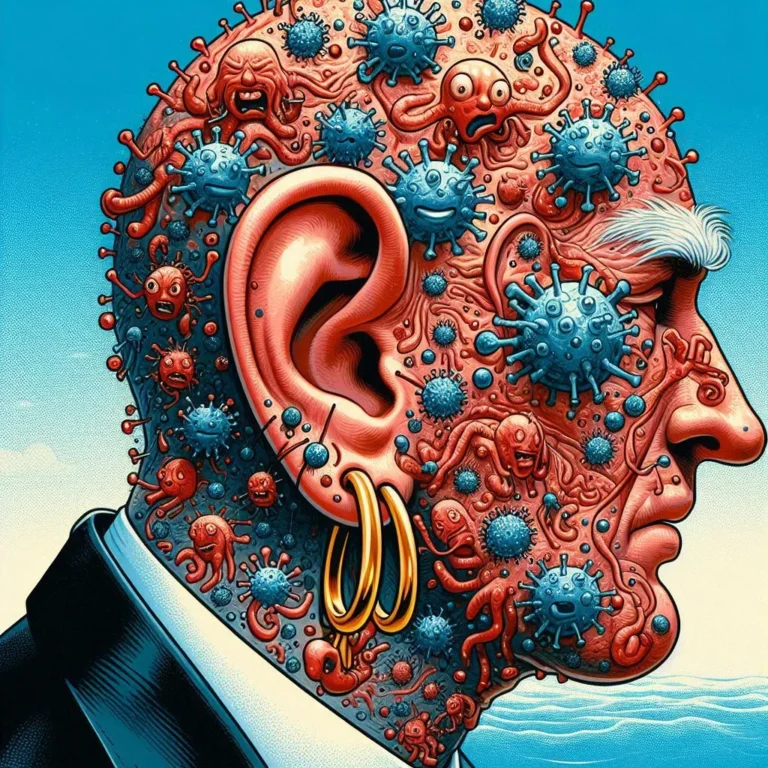
Achieving Optimal Health In the pursuit of a fulfilling and balanced life, health and fitness play integral roles. The relationship between physical well-being and overall health is symbiotic, with each aspect influencing and complementing the other. This article explores the multifaceted nature of health and fitness, emphasizing the importance of a holistic approach to achieve optimal well-being.
Achieving optimal health is a holistic endeavor that encompasses physical, mental, and emotional well-being, fostering a state of vitality and balance. At its core, optimal health involves adopting lifestyle practices that support the body’s natural processes. This includes maintaining a nutritious diet, engaging in regular physical activity, and ensuring sufficient rest and sleep.
Mental and emotional health contribute significantly to overall well-being. Strategies such as stress management, mindfulness, and positive social connections play pivotal roles in achieving optimal mental health. Emotional resilience, self-awareness, and coping mechanisms are integral components that contribute to a robust psychological foundation.
Preventive healthcare measures, such as regular check-ups and screenings, aid in the early detection and management of potential health issues. Incorporating mental health practices like meditation or counseling supports emotional resilience and cognitive well-being.

The Holistic Approach to Health
Health extends beyond the absence of illness; it encompasses physical, mental, and social well-being. Adopting a holistic approach to health recognizes the interconnectedness of these aspects and emphasizes the importance of balance. Proper nutrition, regular exercise, and mental well-being are the cornerstones of this holistic paradigm.
Achieving Optimal Health : The Role of Nutrition
A well-balanced diet is the foundation of good health. Nutrient-rich foods provide the body with the essential vitamins, minerals, and energy needed for optimal functioning. The importance of a varied diet, rich in fruits, vegetables, lean proteins, and whole grains, cannot be overstated. Proper nutrition not only fuels physical activities but also supports mental clarity and emotional stability.
Fitness as a Lifestyle
Fitness is not just about hitting the gym; it’s a lifestyle that promotes overall well-being. Regular physical activity is crucial for maintaining a healthy weight, improving cardiovascular health, and enhancing muscular strength and flexibility. From cardiovascular exercises like running and cycling to strength training and yoga, the diversity of fitness activities allows individuals to tailor their routines to personal preferences and goals.
Mental Well-being
The mind-body connection is undeniable when it comes to health and fitness. Physical activity has been linked to improved mental health, reducing stress, anxiety, and depression. Incorporating mindfulness practices such as meditation or yoga further enhances mental well-being, fostering a balanced and resilient mindset. Adequate rest and quality sleep are also vital components of mental rejuvenation and overall health.
Preventive Health Measures
Preventive health measures are essential for maintaining well-being over the long term. Regular health check-ups, screenings, and vaccinations are proactive steps that can detect potential issues early and prevent the development of chronic conditions. Additionally, adopting healthy lifestyle habits, such as avoiding tobacco and limiting alcohol intake, contributes significantly to preventive health.
Building a Supportive Community
The social aspect of health and fitness should not be overlooked. Building a supportive community can provide motivation, accountability, and a sense of belonging. Whether it’s joining a fitness class, participating in group activities, or connecting with like-minded individuals online, a supportive community fosters a positive environment for personal growth and well-being.
Setting Realistic Goals
Setting realistic and achievable health and fitness goals is a key component of sustained well-being. Whether the aim is weight loss, muscle gain, or improved flexibility, gradual progress is more likely to lead to long-term success. Celebrating small victories along the way encourages motivation and reinforces positive habits.
Read More : A Holistic Approach to Well-being






